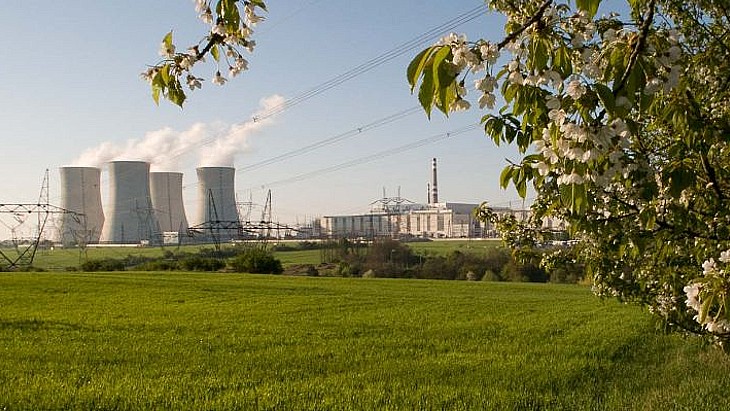According to a statement from the Czech Republic's trade ministry, they also discussed the recent agreement between KHNP and Westinghouse, with Vlček saying it had eliminated one possible risk to the project, adding: "We were assured by the Korean side that the results of these agreements should not have negative impacts on the project schedule and budget or on the expected involvement of domestic companies."
On that last point, he also said: "Czech companies have cutting-edge technologies and expertise. We want them to be involved in the project from the beginning and to have the highest possible share in its implementation. Localisation is a key issue for the Czech Republic, and therefore we expect further concrete steps before the signing of the EPC contract."
He also said that "everything regarding the contract is going according to schedule" with the signing still expected to take place at the end of March.
The ministry said it would undertake further negotiations with the Czech Chamber of Commerce "with the aim of supporting the project and ensuring related activities, specifying the scope of cooperation and ensuring effective transfer of technology and know-how to Czech industry".
Background
The Czech Republic currently gets about one-third of its electricity from the four VVER-440 units at Dukovany, which began operating between 1985 and 1987, and the two VVER-1000 units in operation at Temelín, which came into operation in 2000 and 2002.
In October 2023, Westinghouse, EDF and KHNP submitted binding bids for a fifth unit at the Dukovany nuclear power plant, and non-binding offers for up to three more units - another one at Dukovany and two at the Temelin nuclear power plant. Westinghouse was proposing its AP1000, EDF was proposing its EPR1200 reactor, KHNP was proposing its APR1000. But in February the Czech government announced it was changing the tender to be binding offers for four new units, with Westinghouse not included because it "did not meet the necessary conditions".
Prime Minister Petr Fiala explained at the time that the decision to switch to binding offers for all four units was the result of the original tender suggesting that contracting for four units, rather than having separate processes, could have a 25% benefit in terms of costs.
In July, he announced KHNP as the preferred bidder, with contract negotiations to begin with the aim of signing contracts for the initial unit by the end of March 2025 - the target for test operation of the first new unit is 2036 with commercial operation in 2038. He said the winning tender "based on the evaluation of experts, offered better conditions in most of the evaluated criteria, including the price". The KHNP bid was for a cost of around CZK200 billion (USD8.6 billion) per unit, if two units were contracted.
Last week Westinghouse and KHNP and KEPCO reached an agreement on their long-running intellectual property dispute and to collaborate on the deployment of new nuclear reactors around the world.








_94566.jpeg)






